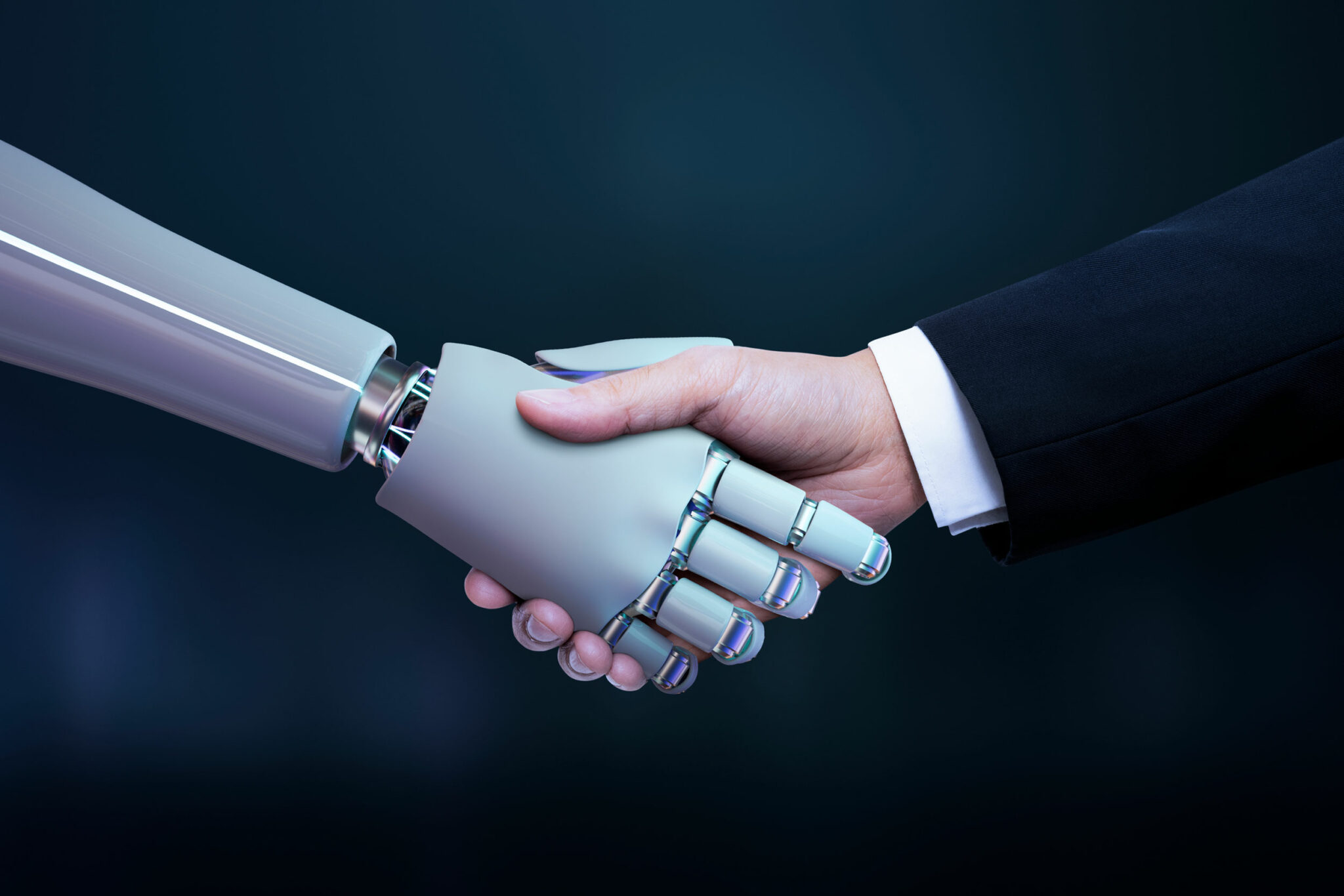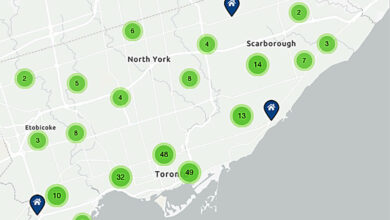
Since as far back as humans have been telling stories to each other, they have dreamed up tales of humanity’s creating things, using whatever is seen as the science of the day, that get out of control. From the Hebrew stories of Golems to Frankenstein’s monster, fiction is no stranger to the embodiment of humanity’s fears of technology and change.
No technological concept has been more fear-evoking than artificial intelligence. This concept has inspired science fiction stories from the late 1800s to the more modern embodiments seen in countless movies. After all, what could be more frightening than humanity creating something more intelligent than it?
One thing these tales all had in common was that they were all fearful of a version of artificial general intelligence. That is a computer that could think for itself, form new thoughts, and learn to do just about anything. Such a concept is still a distance off in the future. Still, today we are seeing an accelerated pace in developing and normalizing more limited but valuable versions of artificial intelligence.
It’s easy to forget, but we are surrounded by versions of artificial intelligence that we use daily that have become normalized. Ever given a voice command to your phone using Siri or Okay Google? Typed an email and had the email program predict the world you were typing? Use a spelling and grammar checker? Well those are all forms of artificial intelligence. Are we afraid of them? While some might be for the rest of us, they have become regular everyday tools. And most of what exists in the AI world today is just that; tools.
While the launch of ChatGPT has put AI back in the foreground of people’s minds, it has also ignited the fear of AI displacing humans and putting them out of work. After all, a system where you can ask any question and get customized (usually right) answer within seconds represented a watershed moment in the development of artificial intelligence. Its ability to do everything from composing articles (like this one), writing computer code, creating presentations, and even making up stories is even more impressive. But here is the truth of it: while it seems like it knows everything, it actually doesn’t know anything; it just references information it has access to and provides an answer that it believes has the highest probability of being right. The problem is, it’s often wrong and even makes up answers. A few months ago, a lawyer was disciplined for using ChatGPT for a court filing, only to have ChatGPT make up a precedent that didn’t exist.
At this stage, ChatGPT is less of a threat to humanity than is the equivalent of a calculator for words. If used correctly, a tool can make its user far more productive than the old-fashioned way of doing things.
So will this replace humans and cost people their jobs? The answer is: absolutely yes. Just like every other technological innovation has resulted in job loss in the past. From the assembly line to the car, to the computer, every paradigm-changing technological innovation has displaced people who did work that was now better done by the technology. For those of you old enough to remember, even simple spreadsheet software like Excel eliminated thousands of jobs for people working on old-fashioned paper spreadsheets.
There is a counterpoint to this job destruction: technological innovation doesn’t just destroy jobs; it creates them. Countless jobs exist today that didn’t even 20 years ago. How many companies had social media managers in 2000? Literally, none because social media wasn’t a thing. In fact, one of the most in-demand and fastest-growing jobs right now is that of “prompt engineer.” And what is that? Well, it’s not an actual engineering job; it’s just someone proficient at knowing how to ask ChatGPT and other AIs how to get something done, understands what can be done, and can help businesses change their business processes to harness the efficiencies that this new technology can provide.
This is a concept known in economics as Creative Destruction. New creations destroy the old way of doing things but, at the same time, create a new way of doing things. And while the new way typically reduces the number of people needed to do a job, it doesn’t mean increased unemployment; it often means expanding businesses in new ways. A perfect example of this was the introduction of the bank machine. At the time, there was a fear that bank tellers would become obsolete. Instead, bank machines made branches more efficient and profitable, allowing for an expansion of products and services, which led to an explosion in the number of bank branches and in turn, far more people working at bank branches than before.
That said, it is entirely normal for people to be fearful of change. Evolutionarily, a change in one’s surroundings often signified a threat, and no matter how much our tools have changed in the last 20,000 years, our minds haven’t. Every technological change has met resistance from those threatened by it. In fact, the term we use to describe someone’s resistance to technological change, Luddite, comes from a 19th century group of people who were in textiles who were opposed to the adoption of mechanical looms and industrialization in general and went so far as to become violent over it. But now imagine they had won, and we had halted change. Where would we be today?
Fear aside, we are a very long way from the world of The Terminator or The Matrix, and these new technologies represent opportunities for those who can not only learn how to use them but also understand their limitations and augment their artificial intelligence with human intelligence. Because if there is one thing history has proven time and time again, is that people plus technology trumps people or technology on their own.
Manuel Luis








Redes Sociais - Comentários